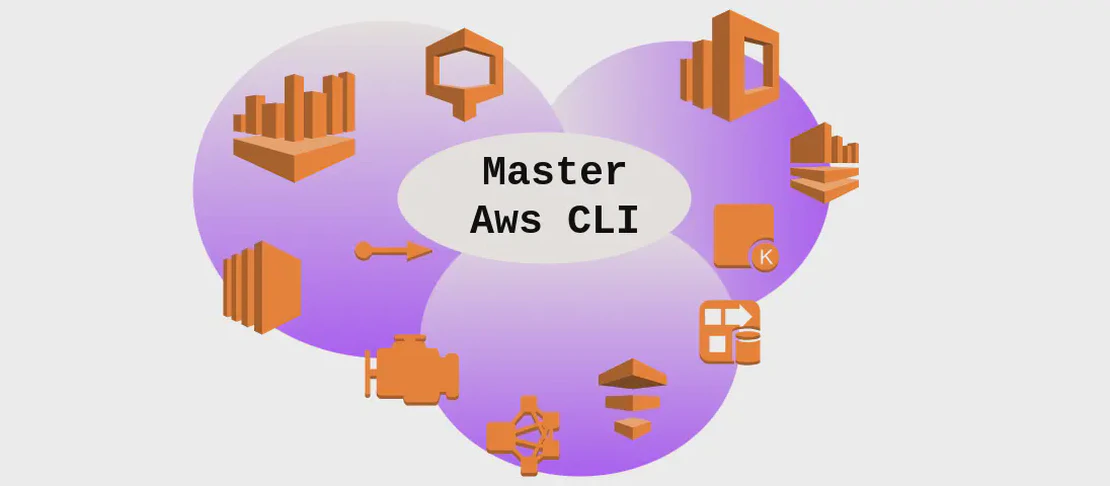
Mastering the 'equery' Command in Gentoo (with examples)
- Linux
- December 17, 2024
The ’equery’ command is a powerful utility within the Gentoo Linux distribution environment. It facilitates comprehensive interaction with Portage, Gentoo’s package management system. By using equery, users can effectively manage, inspect, and maintain installed packages on their systems. It offers capabilities ranging from listing all installed packages to detailing package dependencies and structures, making it an indispensable tool for system administrators and developers who need to maintain stability and clarity in their systems.
View all installed packages
Code:
equery list '*'
Motivation:
Knowing all the packages installed on a system can be crucial for many reasons, such as troubleshooting, auditing, or simply keeping track of software. This command provides a holistic view of all packages, which can be particularly useful when determining which packages need updating, removing redundant packages, or ensuring that necessary software is indeed on your system.
Explanation:
equery: The command itself, used to interact with the Portage package database.list: The action specified to ’equery’ to perform, which in this case, instructs it to list information.'*': The wildcard character here indicates that all packages should be listed. It acts as a placeholder for any string, allowing the command to query every installed package without exceptions.
Example output:
* app-admin/python-updater
* app-editors/vim
* app-misc/screen
* dev-lang/python
* sys-apps/baselayout
...
Search for installed packages in the Portage tree and in overlays
Code:
equery list -po package1 package2 ...
Motivation:
This use case allows users to search for specific packages across all available sources, including the main Portage tree and additional overlays. This can be particularly helpful when attempting to locate packages that may not be in the main repository, ensuring all available sources are checked.
Explanation:
equery: Used to interact with the Portage package database.list: The action to list specified package information.-po: This flag enables the search for packages not only within the installed set but also across the Portage tree and overlays.package1 package2 ...: These placeholders represent the targeted list of packages you are searching for.
Example output:
[IP-] [ ] dev-util/cmake-3.20.1:0
[IP-] [ ] sys-devel/make-4.3:0
List all packages that depend on a given package
Code:
equery depends package
Motivation:
Understanding reverse dependencies—or packages that rely on a specific package—can help maintain system stability and dependency integrity. When planning to remove or update a package, knowing which other packages depend on it can prevent breaking the system.
Explanation:
equery: Engages with the Portage system to gather package data.depends: The function used here indicates that you want to search for dependencies.package: This argument specifies the package whose dependents you wish to identify.
Example output:
app-text/poppler
dev-tex/luatex
List all packages that a given package depends on
Code:
equery depgraph package
Motivation:
This use case offers insight into the dependency tree of a package, showing all upstream packages it relies on. This information is vital when diagnosing dependency-related issues or analyzing the dependency complexity for compiling or upgrading software.
Explanation:
equery: This starts the process of querying package information from Portage.depgraph: This action delineates the dependency graph for the specified package.package: Represents the package whose dependency information is being queried.
Example output:
[nomerge] app-office/libreoffice-7.2.0.1
[ebuild N ] dev-cpp/clucene-2.3.3.4-r6
List all files installed by a package
Code:
equery files --tree package
Motivation:
Knowing which files are installed by a package helps with verifying integrity, troubleshooting file conflicts, or understanding the file layout that a package adheres to. This ensures that system administrators can track file placement and alterations.
Explanation:
equery: The tool used for interacting with package-related information.files: This function fetches a list of files associated with a given package.--tree: This option displays the files in a hierarchical structure, mimicking directory layout.package: Denotes the package whose files are being requested.
Example output:
/usr
/usr/bin
/usr/bin/foo
/usr/share
/usr/share/doc
/usr/share/doc/foo-2.1.0
Conclusion:
The ’equery’ command serves as a comprehensive solution for managing packages within Gentoo Linux. Its versatility in listing, searching, and analyzing package dependencies and files allows for an in-depth understanding and control over system package ecosystems. Each example illustrated above represents a critical functionality of ’equery’, aiding users and administrators in ensuring their systems remain stable and well-informed.


